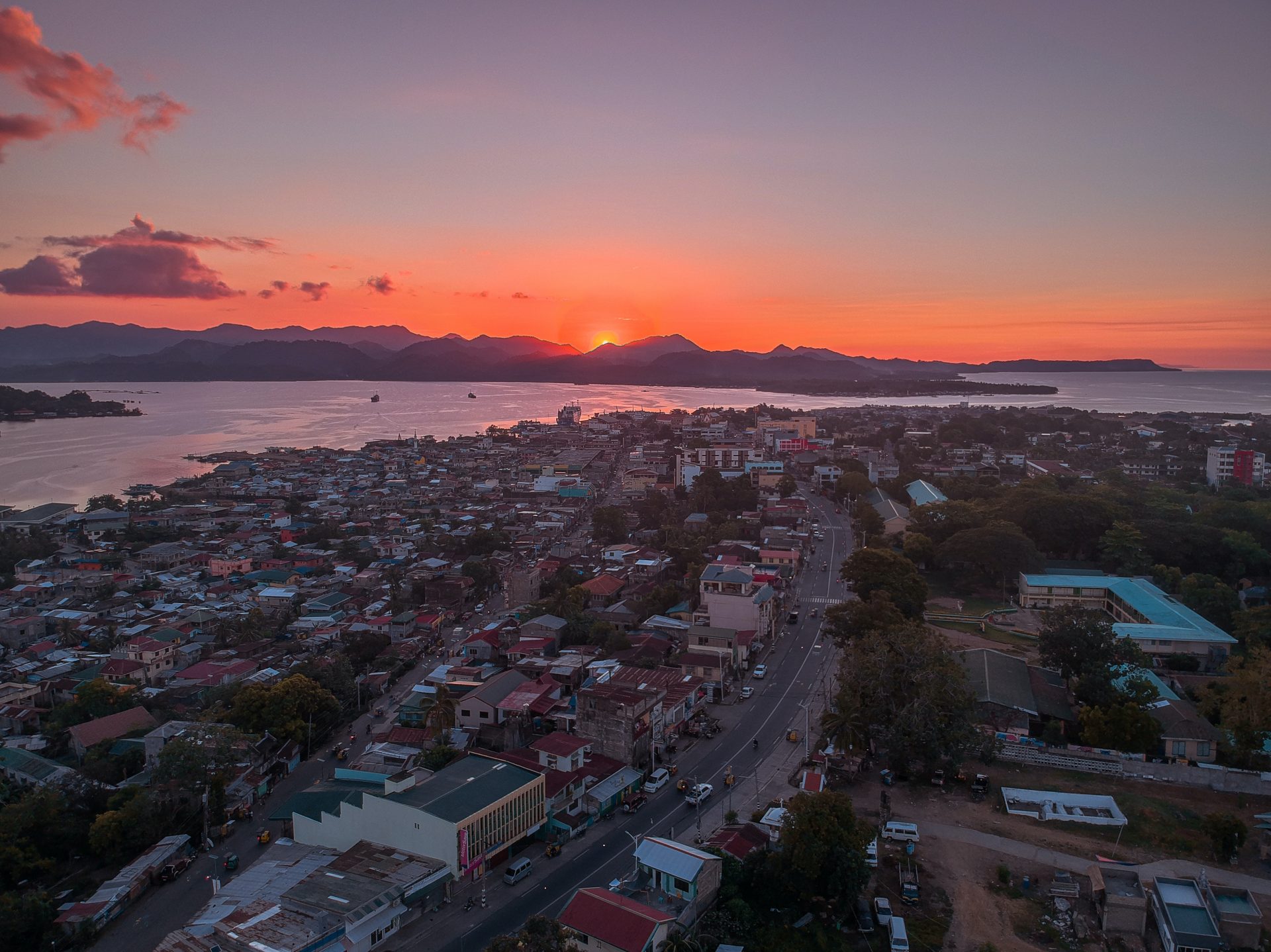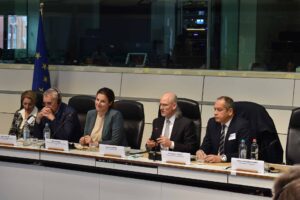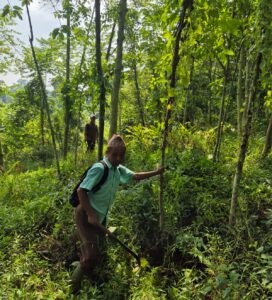- SIWI – Leading expert in water governance
- /
- Latest
- /
- A new generation of solutions needed
A new generation of solutions needed

How cities manage water is critical for both climate mitigation and adaptation. To raise awareness of this, SIWI, Arup, GIZ and Resilient Cities Network is inviting like-minded groups to a new informal network, started in a lively World Water Week workshop with around 50 participants, discussing implementation and policy requirements of urban water resilience. In this summary, SIWI’s Jenny Fors and Manuel Eckert talk more about the initiative and share ideas from a workshop during World Water Week.
In the crucial year that 2023 presents for Water in the global agenda, cities play a crucial role as with the advancing urbanization, they become one of the areas where climate change will be felt most and have the most impact. For this reason, during the UN 2023 Water Conference the first iteration of “A new generation of urban climate solutions” was held, with the identified need for a follow-up. Further it was identified that climate mitigation measures depend on the availability of green and blue water of good quality. To safeguard mitigation potentials, it is essential to prevent uninformed mitigation planning from threatening freshwater resources and ecosystems.
For this, practical tools are needed. During World Water Week 2023, SIWI together with Arup, GIZ and the Resilient Cities Network organized the follow-up event. The aim of the 90-minute workshop was to present approaches towards implementing climate resilience through water management in urban regions through mitigation, data and equity and in a second step to take stock of tools and knowledge and investigate gaps and opportunities for a new generation of urban climate resilience relevant for the Water Action Agenda and COP28.
After a recap and an introduction, Fanni Zentai of GIZ followed up with a keynote to highlight the importance of urban water resilience in the development work of Germany. Following the setting of the scene and the introduction, beams of inspiration prepared the participants for the breakouts and created a common background.
The co-benefits of climate mitigation through water
In the first beam of inspiration, SIWIs Dr. Malin Lundberg Ingemarsson reinforced the findings of the report The essential drop to reach net-zero, highlighting the need for climate-smart drinking water and sanitation services, a water-wise transition to renewable energy, accounting for the hydrological cycle in transitions and screening for water-wise co-benefits and synergies, all while investing in integrated approaches.
The socio-economic realities of urban water
Daniel Sullivan, Director for Resilience in the city of Cape Town who contributed with a pre-recorded input, highlighted the experiences drawn from Day Zero and equity. The input showed that measures not taking into account the intra-city socioeconomic differences fell short and mostly harmed the less affluent citizens while not promoting climate-smart water use among more wealthy consumers.
Data-driven urban resilience
Dr. Benedict Krueger of Arup then introduced the needed practical tools with a beam of inspiration on a rapid quantitative assessment for the sponginess of cities. The input did not only show the important potential of tools but also understanding and acknowledging the experience of working alongside city representatives.
In the first breakout discussions themed towards implementation, the discussions, involving the questions of needed technical capacity, combination and tools and stakeholder engagement identified the need for cross-sector tools in the delivery of the NDCs in cities. Satellite data, up- and downstream information sharing and using NDC data for modeling were among the key issues identified. New tools should capture an inclusive multistakeholder approach and strengthen city knowledge to understand their contribution to the NDCs. Similarly, donors need to push harder for the inclusion of water-related governance in their climate programs.
During the second theme of the breakouts, which centered around policy, the participants discussed which policies would enable more resilient water management, who needs to hear and respond to this call to action for more urban climate resilience at COP 28 and what COP28 needs to agree on when it comes to increase resilience in cities. Discussions showed that policies need to account for equity, valuing water, varying contexts and holistic planning. While the call to action needs to be particularly heard by those with accountability, city networks already present at COP are a prime target, especially regarding the need to agree on funding, problematization and the inclusion of cities in the NDC implementation.
The workshop ended with the commitment to a follow-up and continuation of influencing the road towards COP 28, with an informal touchpoint-group being one of the pathways.
Join the “Urban Water Resilience” WhatsApp group
Interested in learning more about urban water resilience? We cordially invite you to join the informal network by scanning the QR code from your WhatsApp.

Most recent

Why climate action must integrate water
- Water and climate
- World Water Week
- Water governance

Swedish Water House Trendspotting 2026
- Swedish Water House

SIWI Reflections 2025: When Indigenous voices shape global water dialogue
- World Water Week
- Indigenous knowledge

SIWI Reflections 2025: When knowledge begins to travel
- Water diplomacy
- Water cooperation
- Water and Peace

TIARA in Zambia: Scaling resilient rainfed agriculture in the Zambezi Basin

SIWI Reflections 2025: When water-smart restoration builds change from the ground up

SIWI Reflections 2025: Shaping SIWI’s future through strategy, collaboration, and renewal

